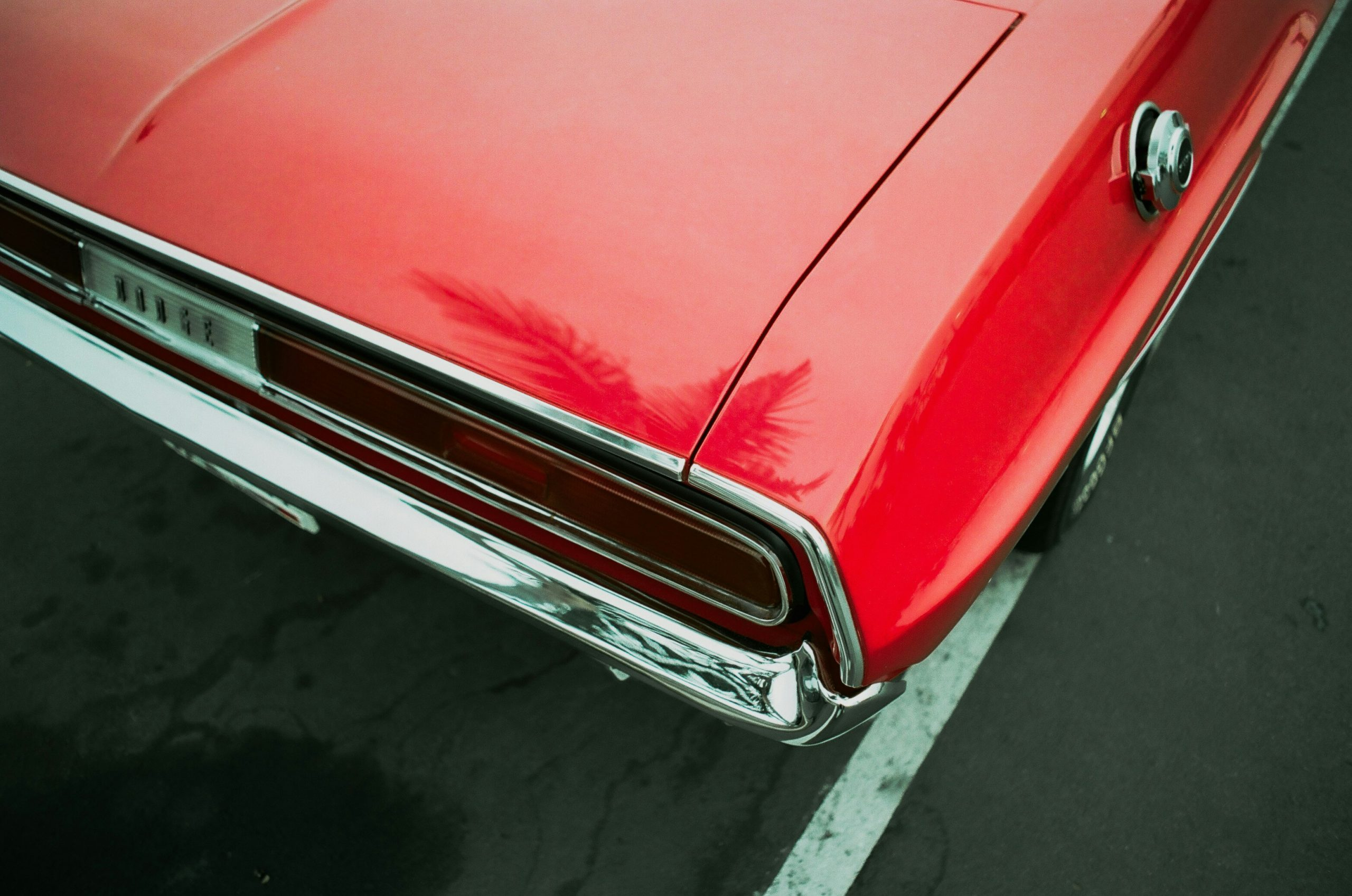The Pros and Cons of Leasing Versus Buying a Car
In today’s fast-paced world, owning a car has become a necessity for many people. It provides the convenience of transportation and the freedom to travel wherever and whenever one wants. However, with the increasing costs of cars, many individuals are turning towards leasing as a more affordable option. Leasing has its own set of advantages and disadvantages, just like buying a car. In this article, we will explore the pros and cons of leasing versus buying a car to help you make an informed decision.
The Pros of Leasing a Car
Lower Monthly Payments
One of the most significant advantages of leasing a car is lower monthly payments. When you lease a car, you are essentially paying for the depreciation of the car during the lease term, rather than the full cost of the vehicle. This results in lower monthly payments compared to buying a car on a loan or financing it.
No Down Payment or Less Down Payment
Leasing a car also requires little to no down payment. In contrast, buying a car often requires a substantial down payment to lower the monthly payments. With leasing, you can opt for a zero or minimal down payment, allowing you to manage your finances better.
New Car Every Few Years
Leasing allows you to drive a new car every few years. Most lease agreements last for three years, which means you can drive a new car every time your lease term comes to an end. This ensures that you always have access to the latest car models, features, and technology without the hassle of selling or trading in your old car.
Lower Maintenance Costs
Since you are driving a new car with a lease, the chances of encountering major maintenance issues are significantly reduced. Plus, most leases are covered under the manufacturer’s warranty, which means you don’t have to worry about expensive repairs or maintenance costs.
The Cons of Leasing a Car
No Ownership
One of the major downsides of leasing a car is that you do not own the vehicle. Unlike buying a car, where you have the option to sell or trade in your car, a lease locks you in for the duration of the agreement. This means you cannot make any modifications to the car or sell it if you want to.
Mileage Restrictions
Most lease agreements come with mileage restrictions, which can range from 10,000 to 15,000 miles per year. If you go over the set limit, you will be charged an excess mileage fee, which can add up quickly. This can be a problem for those who have long commutes or frequently travel long distances.
Extra Fees and Charges
While leasing may seem like a budget-friendly option, there are often hidden fees and charges involved. These can include a down payment, acquisition fee, security deposit, and disposition fee at the end of the lease term. These fees can significantly increase the overall cost of leasing a car.
The Pros of Buying a Car
Ownership
When you buy a car, you own it. This allows you to make any modifications to the car, such as adding custom features or changing the appearance, as you please. You also have the option to sell or trade in your car when you want to upgrade to a newer model.
Unlimited Mileage
Unlike leasing, there are no mileage restrictions when you buy a car. You are free to drive the car for as many miles as you want without any extra fees or charges.
No Extra Fees at the End of the Term
Once you have paid off your car loan, you do not have to worry about any additional fees or charges. Unlike leasing, where you have to pay a disposition fee at the end of the term, buying a car means you own the vehicle, so there are no extra costs involved.
The Cons of Buying a Car
Higher Monthly Payments
The biggest disadvantage of buying a car is the higher monthly payments. Unlike leasing, where you only pay for the depreciation of the vehicle, buying a car means paying for the full cost of the car, which can be significantly more.
Downtime for Maintenance and Repairs
As a car gets older, it requires more frequent maintenance and repairs, which can result in costly and time-consuming downtime. This can be an inconvenience, especially if you rely on your car for daily transportation.
Rapid Depreciation
Cars are a depreciating asset, which means their value decreases over time. When you buy a car, it starts to lose its value the moment you drive it off the lot. This can be a problem if you plan on selling the car in the future, as you may not get back the full amount you paid for it.
Conclusion
The decision to lease or buy a car ultimately depends on your personal preferences and financial situation. Leasing offers lower monthly payments and the ability to drive a new car every few years, while buying a car means ownership, no mileage restrictions, and no extra fees at the end of the term. Consider your needs, budget, and future plans before making a decision between leasing versus buying a car.










